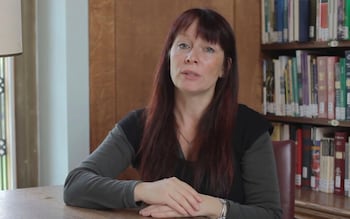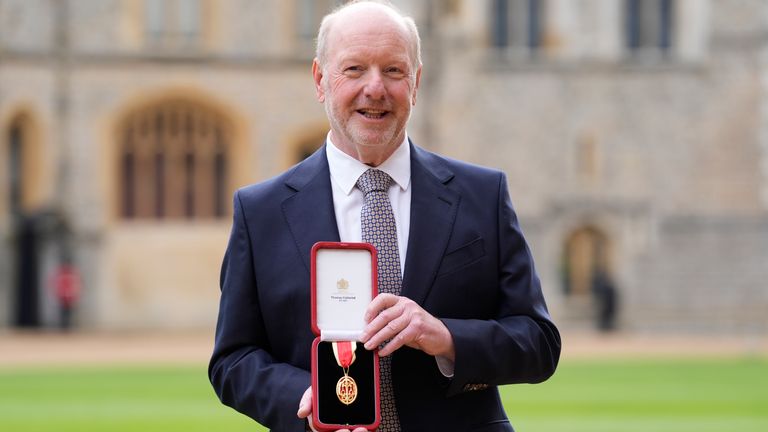A former Cambridge University student has accused her PhD adviser of stealing her work.
Magdalen Connolly, an alumna of Cambridge’s Faculty of Asian and Middle Eastern Studies, claims that an argument she first put forward as part of her postgraduate degree was plagiarised by Esther-Miriam Wagner, a Cambridge academic who was appointed to advise her.
Ms Connolly is now suing the university over its handling of the case, claiming that it failed to take her allegations of plagiarism and bullying against the academic seriously enough.
She alleges there was a protracted four-year process after she first lodged a formal complaint in July 2020, which she claims had a “profound impact” on her mental health and “ultimately resulted in my leaving academia”.
Giving testimony at an employment tribunal at Cambridge County Court on Wednesday, Ms Connolly alleged that “the intention of the university was to protect” Ms Wagner – who still works at the university.
The former student, who won a fully-funded scholarship for her postgraduate degree, has also accused Cambridge University of age discrimination through its alleged “preferential treatment” of Ms Wagner based on her seniority in both age and position.
Cambridge University denies the claims.
The university also suggested that Ms Connolly had not stated in her initial complaint that she thought the alleged plagiarism counted as a criminal offence or fraud.
Evidence submitted to the tribunal said Ms Connolly enrolled as an MPhil student at Cambridge in 2013 and was subsequently informed by her PhD supervisor that Ms Wagner had been appointed as an advisor for her thesis on spoken Arabic in the pre-modern period.
Ms Connolly claims that Ms Wagner subsequently plagiarised her work.

She told the tribunal on Wednesday that after initially being advised not to sound the alarm over this, she later decided in July 2020 to raise a formal complaint so that “no other students would be subjected to the same treatment”.
The former postgraduate student also told the tribunal that she was not seeking disciplinary action against Ms Wagner, but wanted to make sure that “if anyone else came forward, they would be taken more seriously than I was”.
The scholar claimed that this decision was based on conversations with another academic who had also raised plagiarism concerns against Ms Wagner.
Cambridge has denied the claims.
Ms Connolly also claims it was unfair of the university to move her initial complaint against the academic, which she lodged in the Faculty of Asian and Middle Eastern Studies, to instead be dealt with by the Cambridge University Library.
She told the tribunal on Wednesday that she had filed the initial complaint within the faculty so that it would be “on record” there, and alleged that its transfer to the university library was “an attempt to reduce the severity of my claim” and remove the “hierarchical” element to her complaint.
Cambridge University denied this, and said its transfer to Cambridge University Library was because both Ms Connolly and Ms Wagner were employees there.
A lawyer acting on behalf of Cambridge also told the tribunal that “the motivation” behind Ms Connolly’s initial complaint against Ms Wagner was “about your career, about you”.
A spokesman for Cambridge University said: “The tribunal has recently opened and we expect it to last a number of days during which further evidence will be heard.
“In addition, the university’s process for handling the allegations of research misconduct has not yet concluded so it would be inappropriate to comment further.” The tribunal hearing continues.
Disclaimer: The copyright of this article belongs to the original author. Reposting this article is solely for the purpose of information dissemination and does not constitute any investment advice. If there is any infringement, please contact us immediately. We will make corrections or deletions as necessary. Thank you.



